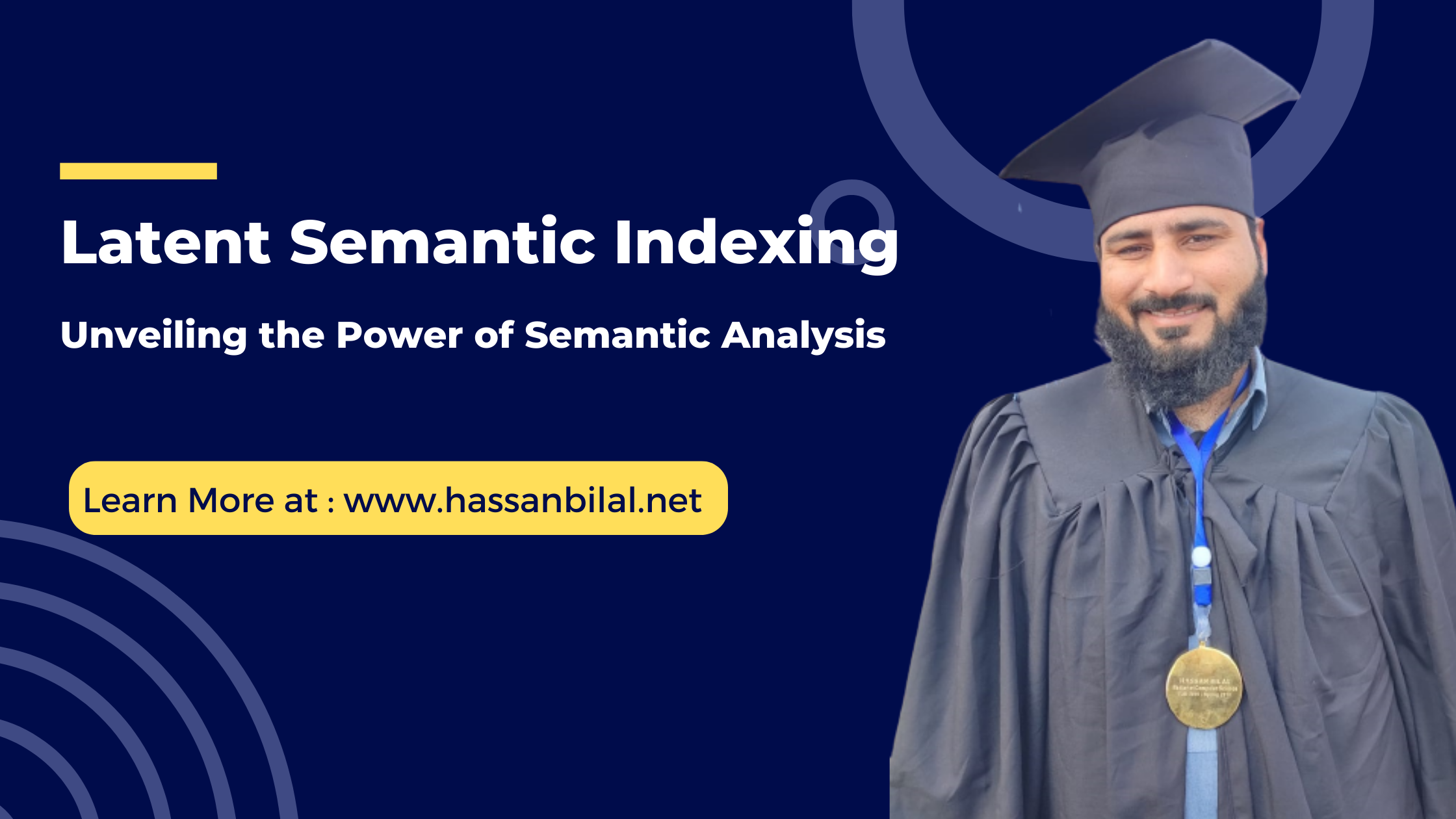Search Engine Optimization & Marketing
Latent Semantic Indexing: Unveiling the Power of Semantic Analysis

Latent Semantic Indexing (LSI) is a technique that helps search engines understand the meaning of text by identifying the relationships between words and concepts. This can be used to improve the ranking of web pages in search results, as well as to create more relevant and informative content.
LSI works by first creating a term-document matrix, which is a table that shows how often each word appears in each document. This matrix is then used to create a latent semantic space, which is a mathematical representation of the relationships between the words.
The latent semantic space can be used to find documents that are semantically related to each other, even if they do not share the same keywords. This is because LSI takes into account the context in which words are used, as well as the relationships between words.
Understanding the Power of Latent Semantic Indexing
Semantic Analysis and Contextual Understanding
Latent Semantic Indexing involves analyzing the entire corpus of documents on the web to identify patterns and relationships between words and phrases. By understanding the context and meaning behind these terms, search engines can provide more accurate and relevant search results. LSI enables search engines to grasp the intended meaning of a user’s query and display results that match the user’s search intent more effectively.
Improved Search Relevance and User Satisfaction
LSI plays a crucial role in enhancing search relevance and user satisfaction. By incorporating LSI into their algorithms, search engines can identify related terms and concepts within a webpage’s content. This allows search engines to deliver more comprehensive and contextually relevant search results. When users find content that aligns closely with their search intent, they are more likely to engage with the results, leading to increased user satisfaction and improved website performance.
Keyword Variations and Synonyms
LSI also enables search engines to recognize keyword variations and synonyms, expanding the scope of relevant search results. Rather than relying solely on exact keyword matches, LSI considers related terms and phrases that convey similar meaning. This ensures that even if a webpage does not contain the exact search query, it can still rank well if it covers related topics and uses semantically related terms.
Practical Strategies for Optimizing with Latent Semantic Indexing
Keyword Research and Semantic Analysis
Conduct thorough keyword research to identify primary and secondary keywords related to your content. Utilize tools like Google Keyword Planner, SEMrush, or Moz’s Keyword Explorer to uncover relevant keywords and their variations. Perform semantic analysis by examining search results and identifying recurring terms and concepts. This helps you understand the semantic relationships and context surrounding your target keywords.
Content Optimization with Semantic Keywords
Optimize your content by incorporating semantic keywords and related terms. Rather than relying solely on exact keyword matches, use synonyms, variations, and related terms throughout your content. This provides search engines with a broader context and helps establish the relevance of your content to a wider range of search queries. However, ensure that the use of semantic keywords is natural and does not compromise the readability or flow of your content.
Utilize LSI Tools and Resources
Leverage LSI tools and resources to gain insights into semantically related terms and phrases. Tools like LSIGraph and LSIKeywords.com generate lists of related terms based on your primary keywords, allowing you to expand your content and incorporate relevant semantic variations. These tools provide valuable guidance in optimizing your content to align with LSI principles.
Structured Data Markup and Schema.org
Implement structured data markup using Schema.org vocabulary to provide additional context and meaning to search engines. By incorporating structured data, you enhance the understanding of your content and its relevance to specific topics. This can lead to improved visibility in search results and increased click-through rates, as search engines can display rich snippets that highlight the most relevant information from your webpage.
Conclusion
Latent Semantic Indexing offers a powerful approach to enhance the relevance and visibility of your website in search results. By leveraging semantic analysis, understanding the power of contextual understanding, and optimizing your content with semantic keywords, you can align your website with LSI principles and improve its search engine rankings. Embrace the potential of LSI to provide users with more accurate and contextually relevant search results, ultimately driving higher engagement, satisfaction, and success for your website.
